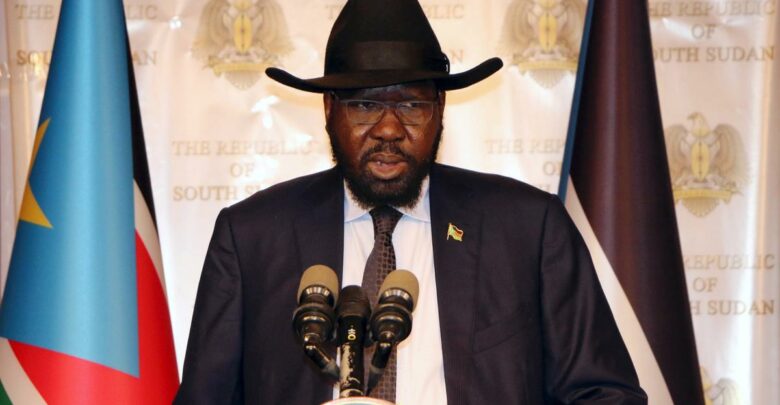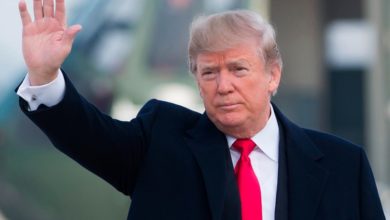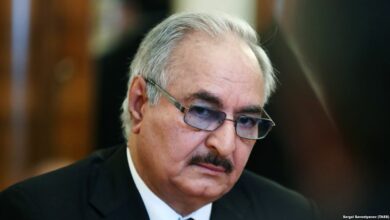World
South Sudanese President Discusses Peace Deal Implementation With Riek Machar

South Sudanese President Salva Kiir had a meeting with opposition leader Riek Machar in the capital Juba on Monday. The meeting was aimed at resolving the impasse in peace implementation. Machar last visited Juba in October 2018 to mark the signing of the peace deal.
After the meeting, Presidential Advisor on Security Affairs Tut Gatluak told the reporters that President Kiir and Machar discussed issues related to the implementation of the peace agreement signed between them last year.
Gatluak said the two leaders discussed issues on the security arrangement. He added that the implementation of the security arrangement is going well and the transitional government will be formed on Nov. 12.
“The two leaders agreed that all the remaining issues have to be implemented before the deadline ends,” Gatluak said, reported Anadolu Agency.
Machar’s deputy, Henry Odwar, told reporters that the meeting concentrated on security arrangements as it is one of the fundamental provisions of the peace agreement.
“We do have challenges and we pray that we overcome those challenges,” Odwar said.
South Sudan plunged into a civil war when President Kiir sacked Machar as vice president in 2013 on suspicion of plotting a coup. The five years of civil war claimed the lives of tens of thousands and forced 4 million people to flee their homes.
Finally, in September 2018, the warring parties signed an agreement to form a unity government under the mediation of East Africa’s eight-nation trading and security bloc Intergovernmental Authority on Development (IGAD).
Notably, the agreement, which was signed by the South Sudanese government and opposition in Addis Ababa, called out for the formation of a transitional government in May this year leading to elections in 30 months.
But, the two parties extended the pre-transitional period by another six months through Nov. 12 as some crucial technical steps contained within the agreement, such as creating a unified army and agreeing on the internal boundaries of states, failed to make any progress.






